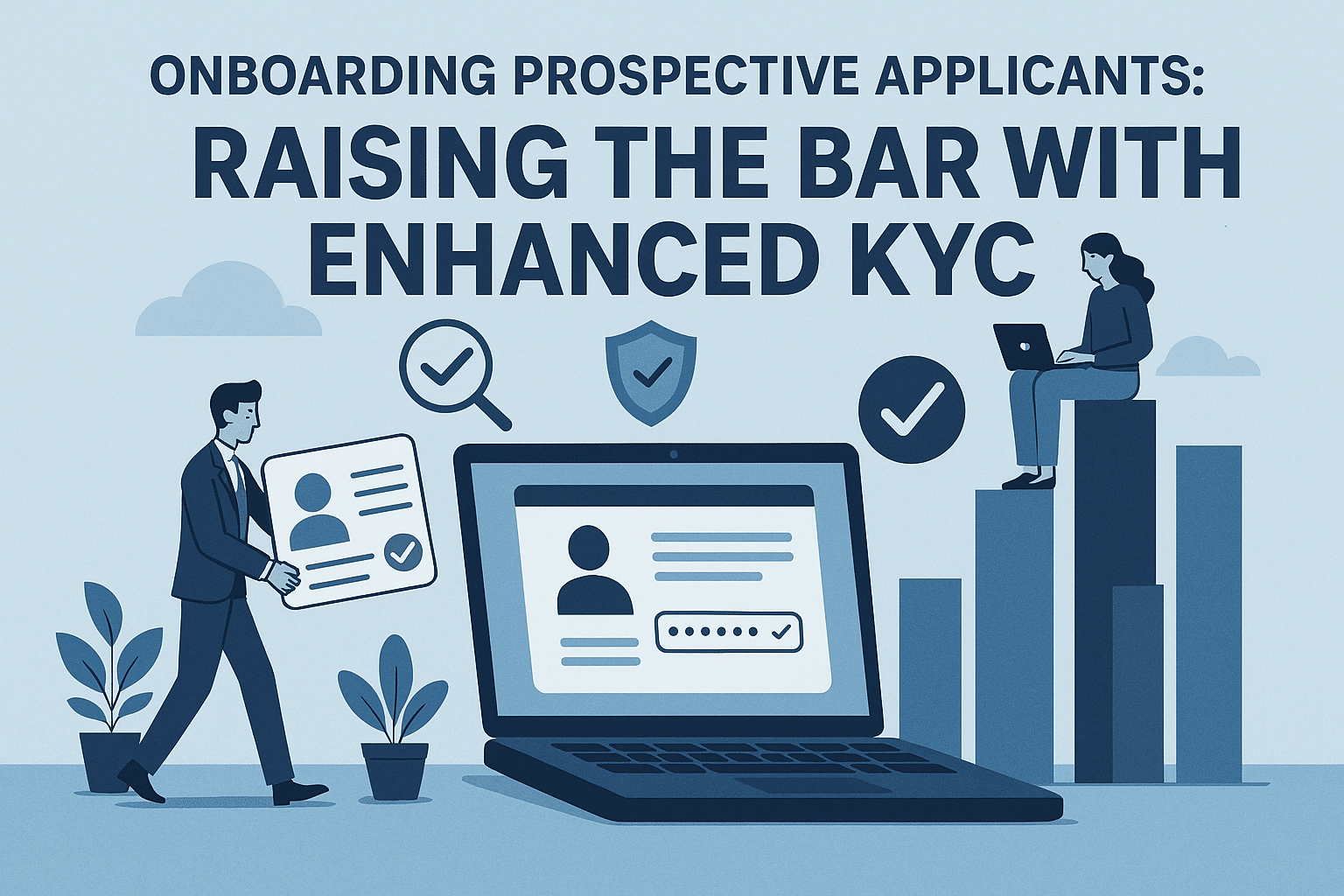Onboarding Prospective Applicants: Raising the Bar with Enhanced KYC

An article written by Karen Kelly, Vice President and Global Head of Investment Migration at Exiger for the IM Yearbook 2025.
The investment migration industry is undergoing a transformation as calls for more robust Know Your Customer (KYC) standards grow louder, and internal stakeholders look to take a proactive approach.
Increased scrutiny from the European Union (EU), the United Kingdom, and the United States, alongside new regulations, is compelling agents to adopt more stringent client onboarding practices.
One of the key drivers of this shift is the EU’s Sixth Anti-Money Laundering Directive (AMLD6), which now designates service providers assisting individuals with residency applications as ‘obliged entities.’
This classification subjects these entities to anti-money laundering (AML) and counter-terrorist financing (CFT) requirements, including comprehensive customer due diligence (CDD). While these changes directly target residency applications in the EU, the ripple effects will extend globally, affecting applicants and agents to both residency and citizenship by investment programmes.
Across the wider industry, there is growing momentum to implement enhanced customer onboarding standards before applications are submitted for consideration to a programme.
The five Caribbean nations offering citizenship-by-investment (CBI) programmes are moving toward a unified regulatory framework. This includes greater information sharing and will likely also target KYC requirements, ensuring consistency and raising the standard among agents in the region.
Stronger KYC measures not only mitigate risks but also improve efficiency in the processing of applications. Pre-screening applicants to meet quality benchmarks and proactively identify risks and red flags reduces the likelihood of rejections and minimizes delays caused by follow-up inquiries. Moreover, adopting these practices signals a commitment to maintaining high standards, reinforcing trust with international partners and regulators.
To prepare for these evolving requirements, investment migration agents must establish comprehensive policies and procedures that include: Verifying customer and beneficial owner identities Screening clients against global watchlists and sanctions databases Monitoring for red flags in real-time through web and media sources The Investment Migration Council (IMC) is at the forefront of supporting agents through this transition. Its landmark report, Due Diligence in Investment Migration: Best Approach and Minimum Standard Recommendations, offers valuable insights into industry best practices.
Developed with input from subject matter experts, including from Exiger, the report serves as a critical resource for refining due diligence protocols. Further reinforcing its commitment to the industry, the IMC has introduced Enhanced Automated Due Diligence Services, empowering agents to strengthen their client onboarding processes, and ensuring alignment with emerging global standards.
In today’s regulatory climate, proactive compliance is no longer optional—it is essential. By adopting rigorous KYC frameworks, investment migration agents can safeguard their operations, streamline application processes, and uphold the integrity of the industry.
